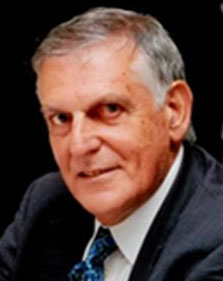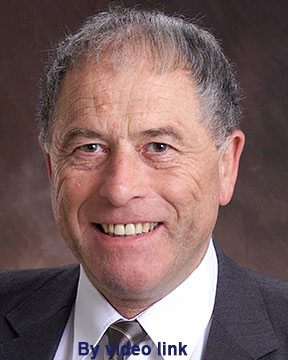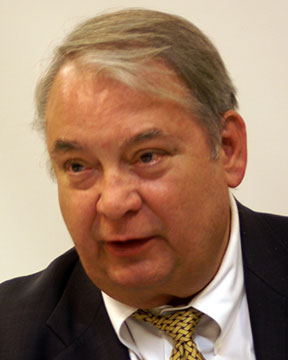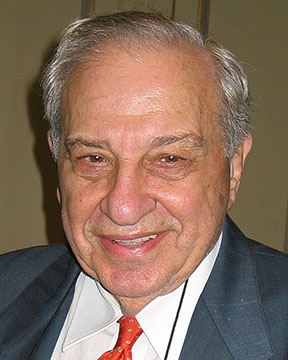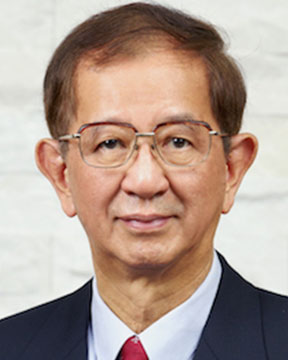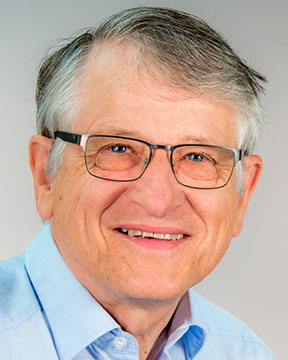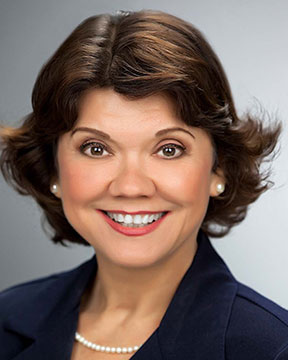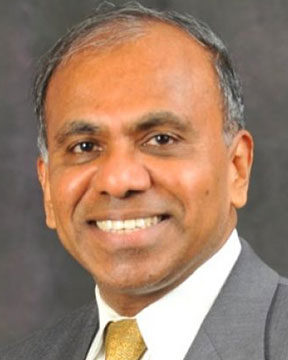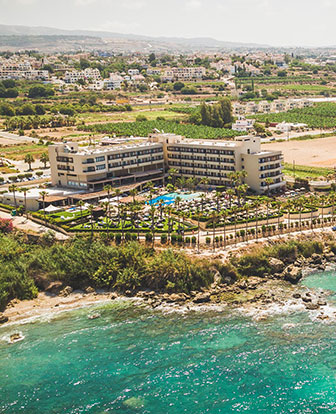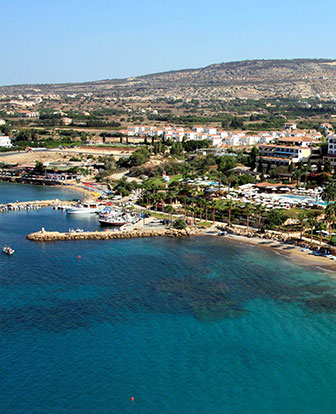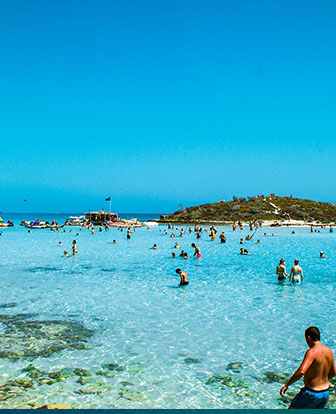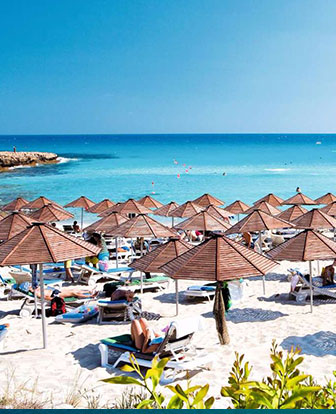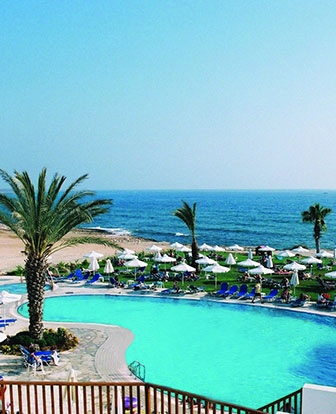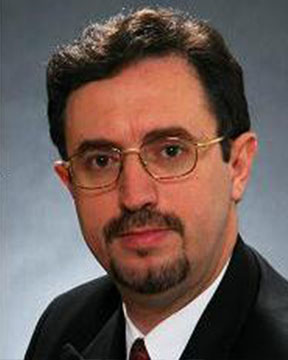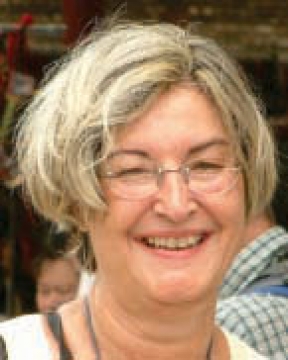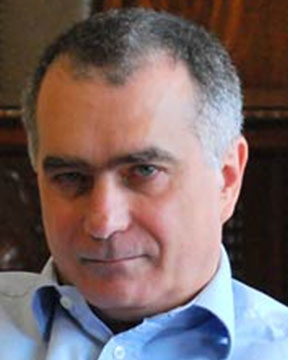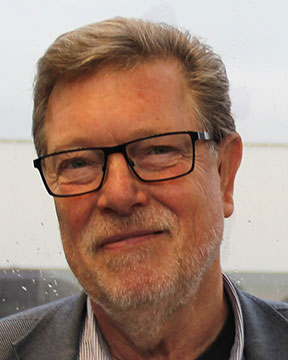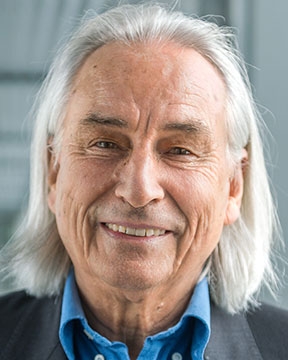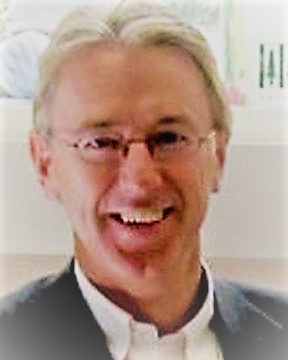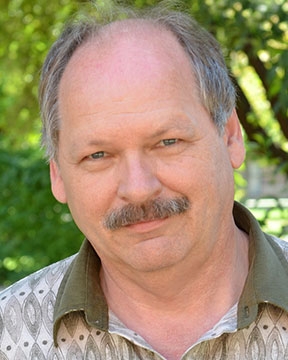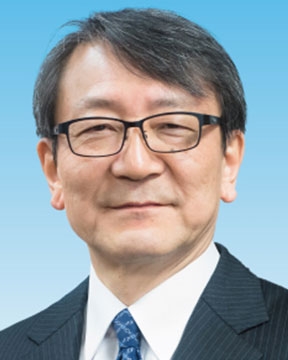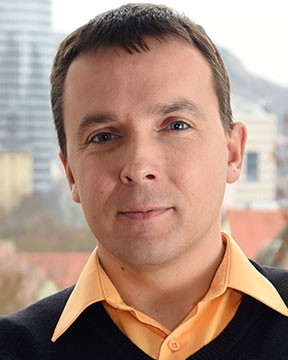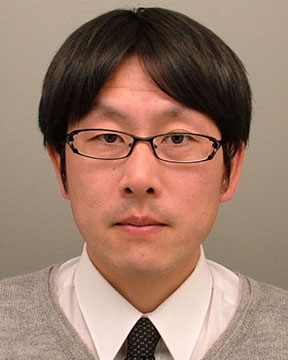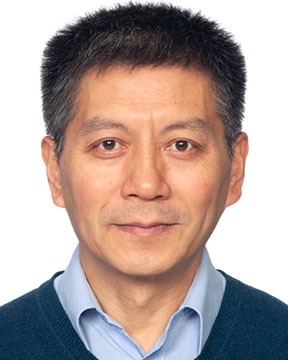SYMPOSIUM and
ROUND TABLE TOPICS
Molten salts and ionic liquids are each Coulombic fluids that consist of ions only, but they are typically applied in different temperature ranges. Both types of fluid are of a large academic and industrial interest and employ the same fundamental principles, so there is a lot of scope for the exchange of information between the two research communities. Those designated "ionic liquids" mostly fall also into the class of liquids known as "glass-formers" because their relatively high viscosities at their melting points lead to slow crystallization kinetics. They typically have glass transition temperatures far below ambient, like the molecular glassformers that have also been the subject of detailed study over the last 5 decades - though more for the theoretical challenges they present (see "topics" below) than for their industrial processing potential. Angell's equally intense activity in each of molecular and ionic liquid glassformers presents an unusual opportunity for cross fertilization between these two widely studied classes of liquid.
Essential for an in-depth understanding of all these liquid media (hot/cold, viscous/non-viscous, molecular/ionic) are aspects such as structure, thermodynamics, transport, electrochemistry, interface properties, and modelling. All three distinct liquid media and their mixtures inherently carry the potential for improving old processes and materials, as well as creating new ones in service for more sustainable production strategies.
Symposium Topics
Thus, this symposium will address any research that contributes to the use of molten ionic or glass-forming media for more sustainable production of chemical and pharmaceutical products, and/or management of societal preservation and waste storage challenges . This includes both fundamental studies of the media, as well as their possible or realized industrial applications.
This symposium will cover - but is not limited to - the following topics:
- Structural, physico-chemical, and functional aspects of traditional high and lower melting salts or mixtures, including ionic liquids regarding their use or possible use in synthesis, catalysis, metal production, heat transfer or as other important materials; interaction with surfaces, corrosion, and electrodeposition; toxicological and safety issues of use and handling.
- The conversion of molecular liquids to ionic liquids and vice versa by simple proton exchanges. Superacidic and superbasic ionic liquids, and applications thereof.
- Synthesis of chemical compounds, polymers, and pharmaceuticals utilizing molten ionic media and in particular, renewables, as the future resource for chemical production.
- Search for new phenomena recently discovered in one class of liquid, (such as ultrastability and polyamorphism in low temperature molecular liquids and glasses), in the other class - ionic liquids (and molten salts) - with all the proprietary issues that the concept introduces.
- Studies of chemical reactions in molten ionic media addressing molecular structures, complex formation, reaction kinetics, and thermodynamics.
- Theoretical and computational modelling of ionic media, structure, stability of species in solution, and reaction mechanisms.
- Unresolved problems in the theory of liquids. Does the presence of the coulomb interaction in ionic liquids change the basic behavior? Is the non-Arrhenius behavior in ionic liquids more, or less, extreme than that observed in molecular liquids? Can ionic liquids be tuned to become semiconducting and then metallic liquids by chemical substitutions or physical stresses?
- Catalysis in molten ionic media, or in such systems on porous supports regarding reaction kinetics and mechanisms in addition to atomic efficiency in the particular catalyzed reaction.
- Molten ionic media in sustainable energy production including their use in storage, battery or fuel- and solar cell technologies, as well as in environmental processes linked to the production of energy as flue gas cleaning and nuclear waste treatment.
- Glassforming media, both molecular and ionic, in preservation and storage technologies: Tissue, oocyte, and antibiotic preservation in biology, and toxic and nuclear waste storage in inert polyionic glasses in environmental threat management.
- Emerging technologies based on Ionic Liquids including bulk chemical production with novel catalytic systems, selective gas separation and ionic liquid membranes, alternative pharmaceutical and herbicides formulations enhancing biological effects and allowing new delivery routes, lubrication materials etc.
This symposium will conclude with a round table discussion, which will facilitate an open dialogue among all symposium participants on future sustainable approaches based on molten ionic media and their commonalities with molecular glassforming media to solve important and threatening problems in the world community, and addressing the critical questions: where are we right now? What have we accomplished? Where do we want to go?
Download the Flyer

 Click here to see the General Author Invitation
Click here to see the General Author Invitation 


